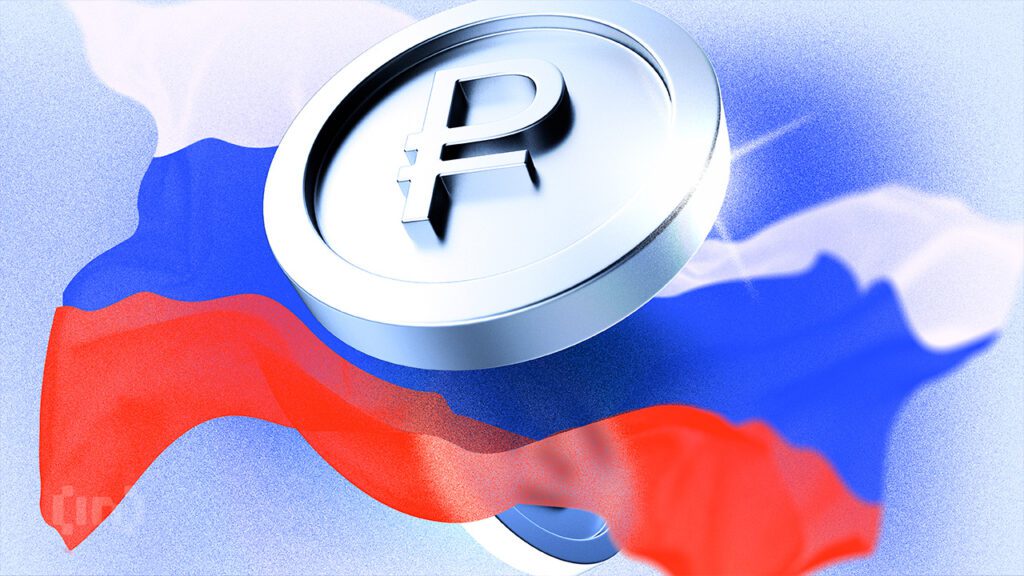Russia’s Treasury is working to make crypto transactions more accessible to ordinary citizens by reducing strict income and wealth requirements.
The plan expands participation in central bank supervised pilots, designed as a permanent rule test site.
Ministry pushes investor barriers lower
A local report said he spoke at Vradivostok’s Eastern Economic Forum on September 3rd, Alexei Jacoffrev, director of monetary policy at the Ministry of Finance, confirmed that a decline in entry bars is being discussed.
Sponsored Sponsors
“We’re discussing these numbers accurately,” Yakovlev told reporters, referring to existing standards for 100 million rubles ($1.23 million) for securities and deposits or 50 million rubles ($615,753) for annual revenue.
“We believe these standards can be adjusted downwards. They are currently under discussion.”
In Russia, only individuals with important personal destinies are considered “particularly qualified” investors or “superqualical.” This limits participation in the Experimental Legal Scheme (ELR) that the government created in March to oversee organized crypto transactions.
Yakovlev emphasized that while some standards should remain, ordinary citizens undermines pilots. He said, “If the project is restricted to a very small class of society, it cannot perform its function.”
Russian Central Bank Resistance and Putin’s Compromise
Last year, President Vladimir Putin ordered the Treasury Ministry and the central bank to compromise on crypto regulations. Since then, Moscow has begun a wider crypto pivot using tokens such as Bitcoin (BTC) in cross-border trade transactions. Putin also urged areas with idle energy reserves to actively engage in crypto mining.
By March 2025, the Bank of Russia had strengthened its opposition to the free circulation of decentralized currencies. The government recommended that transactions be restricted to ELR and ban all crypto payments among residents outside the framework. The proposal also included establishing criminal liability for violations.
Two months later, in May 2025, regulators allowed qualified investors to purchase crypto-based products such as Bitcoin futures. Local reports show that Russian investors had purchased $16 million worth of money within a month.
ELR itself was introduced as a temporary three-year framework. Yakovlev explained that permanent rules will follow after the trial.
The debate exposes a greater conflict: regulators warn of risks, policymakers call for expansion. It also marks an accelerated turn to Russian digital assets, from cross-border Bitcoin settlements to state legislative mining initiatives.
Despite limited legal options, Russians are believed to hold more than $25 billion in digital assets. Without centralized domestic exchanges, most purchases still occur on foreign platforms.


